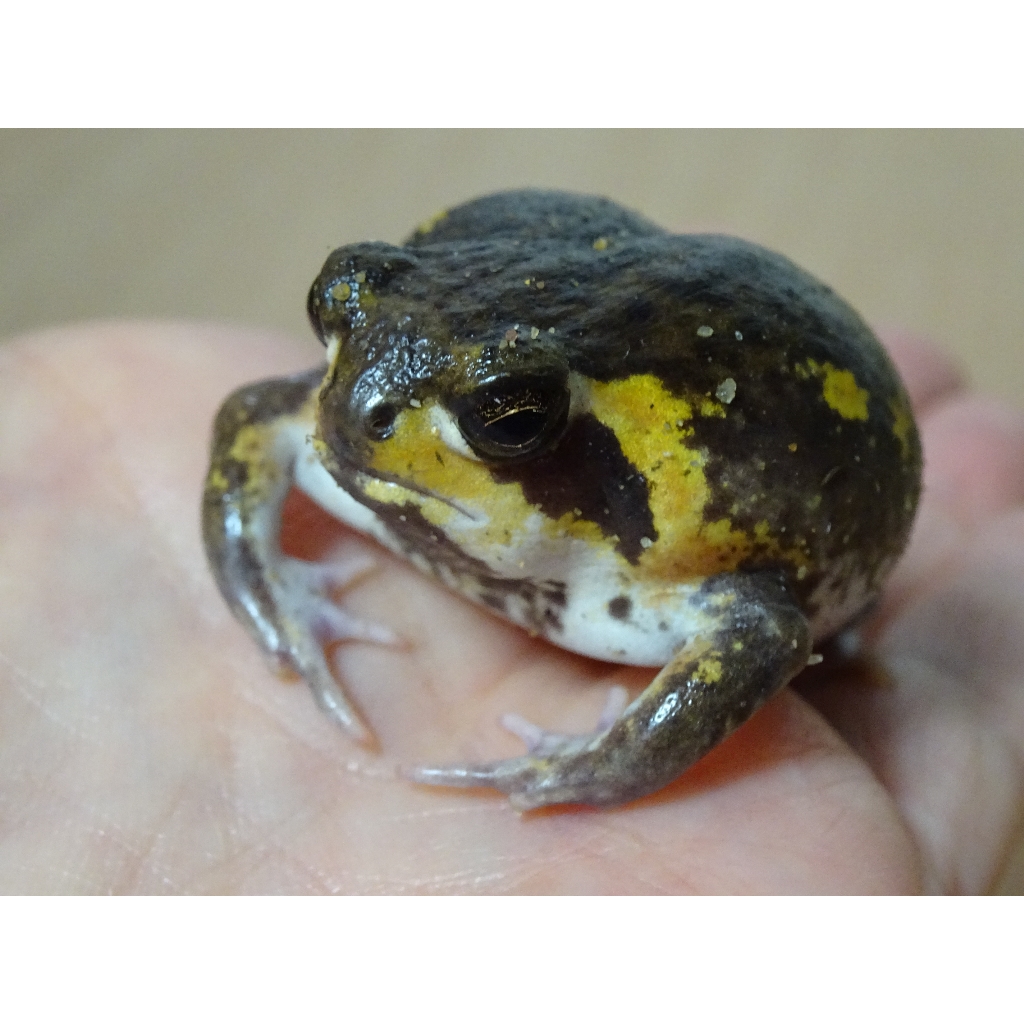Common Health And Wellness Issues in Reptiles: Signs And Symptoms and Solutions
In the complex world of reptile treatment, comprehending the usual health and wellness issues that might impact these unique creatures is extremely important in ensuring their well-being. Whether it's grappling with parasitic problems, navigating dehydration worries, or attending to skin ailments that materialize in refined methods, being attuned to the signs and symptoms and furnished with the expertise of efficient solutions is necessary for any kind of reptile owner.
Breathing Infections
Respiratory system infections in reptiles can considerably influence their overall health and need timely focus from experienced veterinarians. These infections are frequently created by viruses, germs, or fungi and can materialize with signs such as hissing, nasal discharge, open-mouth breathing, and sleepiness. In reptiles, respiratory system infections can be specifically testing to detect and treat because of their unique makeup and physiology. Veterinarians frequently count on a combination of health examinations, analysis imaging, and research laboratory examinations to properly recognize the underlying source of the infection.
Therapy for breathing infections in reptiles usually includes a combination of encouraging treatment, such as maintaining appropriate humidity degrees and temperature gradients in the unit, along with targeted medicine to address the specific virus in charge of the infection. It is essential for reptile owners to check their animals very closely for any type of signs of respiratory system distress and seek vet care at the earliest sign of a problem. With prompt intervention and appropriate therapy, lots of reptiles can recoup totally from breathing infections and resume regular activities.

Metabolic Bone Disease
What aspects add to the advancement of Metabolic Bone Disease in reptiles?
Metabolic Bone Illness (MBD) in reptiles is primarily triggered by an absence of correct calcium, phosphorus, and vitamin D3 levels in their diet plan. When reptiles do not get ample calcium, either through their food or appropriate UVB direct exposure for vitamin D3 synthesis, they go to a high risk of establishing MBD. Reptiles with diet plans reduced in calcium or unbalanced calcium to phosphorus proportions are particularly prone. In addition, poor exposure to UVB light avoids reptiles from synthesizing vitamin D3, which is vital for calcium absorption and bone wellness.
Other adding factors to MBD include improper temperature slopes within the reptile's environment, bring about lowered metabolic process and damaged calcium absorption. Insufficient humidity degrees can also impact a reptile's capacity to metabolize calcium properly. Particular reptile types have certain dietary requirements that, if not met, can raise the chance of establishing MBD. Routine veterinary examinations, appropriate husbandry practices, and a well balanced diet plan are necessary to stop Metabolic Bone Illness in reptiles.
Parasitic Problems
Parasitic problems position a significant wellness risk to reptiles, influencing their general well-being and requiring prompt veterinary focus. Reptiles can be influenced by different bloodsuckers, including mites, ticks, interior worms, and protozoa. These parasites can trigger a variety of websites signs, such as weight-loss, sleepiness, skin inflammation, looseness of the bowels, and even fatality if left untreated.
One typical bloodsucker found in reptiles is the mite, which can trigger skin stress, inflammation, and anemia. Ticks are one more outside bloodsucker that can transmit diseases and cause pain to the reptile. Internal parasites like worms and protozoa can result in digestion concerns, malnutrition, and weaken the reptile's immune system.
To identify a parasitic invasion, a vet might do fecal examinations, skin scrapings, or blood examinations. Therapy usually involves deworming drugs, antiparasitic bathrooms, or in extreme situations, hospitalization. Preventative steps such as normal veterinary check-ups, appropriate hygiene, and quarantine procedures for new reptiles can help minimize the risk of parasitic problems and ensure the health of reptile pet dogs.
Dehydration and Hydration Issues
Dehydration in reptiles can considerably affect their health and well-being, necessitating prompt treatment and suitable hydration administration. Reptiles are prone to dehydration because of different aspects such as insufficient water intake, high ecological temperature levels, and specific health and wellness conditions. Signs and symptoms of dehydration in reptiles consist of sunken eyes, lethargy, loss of skin flexibility, and lowered urination. Dehydration can lead to major health concerns and even be deadly to the reptile - rain frog for sale. if left neglected.
To stop dehydration, reptile owners ought to guarantee that their pets have accessibility to clean water in all times. The water meal need to be big sufficient for the reptile to take in if required, especially for varieties that absorb water with their skin. Additionally, preserving correct humidity degrees in the reptile's unit and offering normal baths can assist protect against dehydration.
In cases of dehydration, it is crucial to seek vet treatment quickly. A vet might administer liquids either by mouth or via injections to rehydrate the reptile. It is necessary to deal with the underlying source of dehydration to avoid reappearance and ensure the reptile's general health.
Skin Disorders

Final Thought

Respiratory infections in reptiles can significantly influence their general wellness and require timely interest from seasoned veterinarians (rain frog for sale). Preventative steps such as normal veterinary check-ups, appropriate hygiene, and quarantine treatments for brand-new reptiles can help decrease the danger of parasitical infestations and make certain the wellness of reptile pet dogs
If left without treatment, dehydration can lead to major wellness issues and also be deadly to the reptile.
Frequently inspecting your reptile for any type of adjustments in skin color, structure, or look can aid in early discovery and therapy of skin ailments, promoting the general wellness and well-being of your scaly buddy. - rain frog for sale
In verdict, reptiles are vulnerable to various health and wellness problems such as respiratory system infections, metabolic bone disease, parasitic invasions, dehydration, and skin disorders.